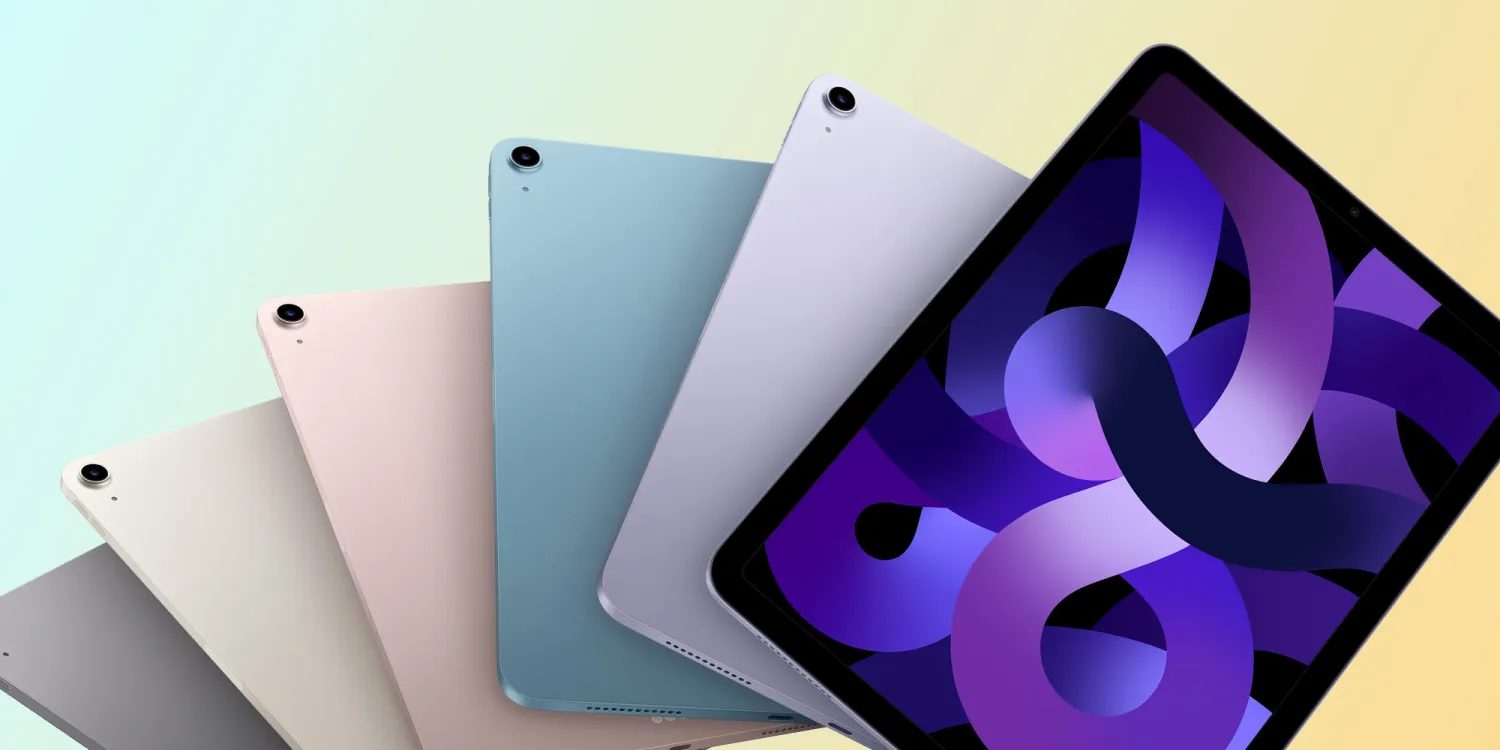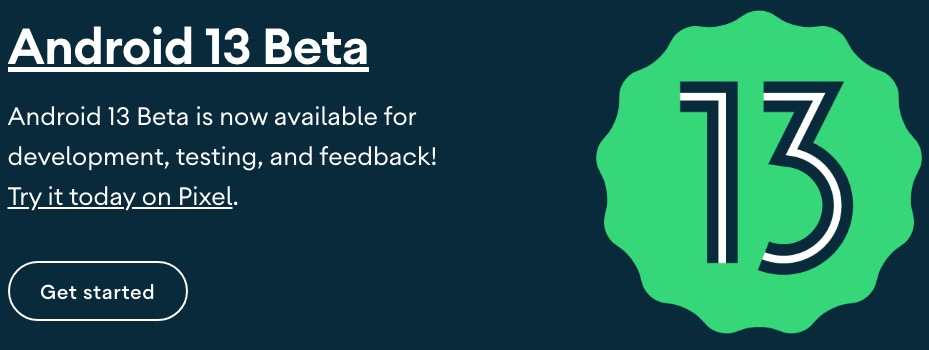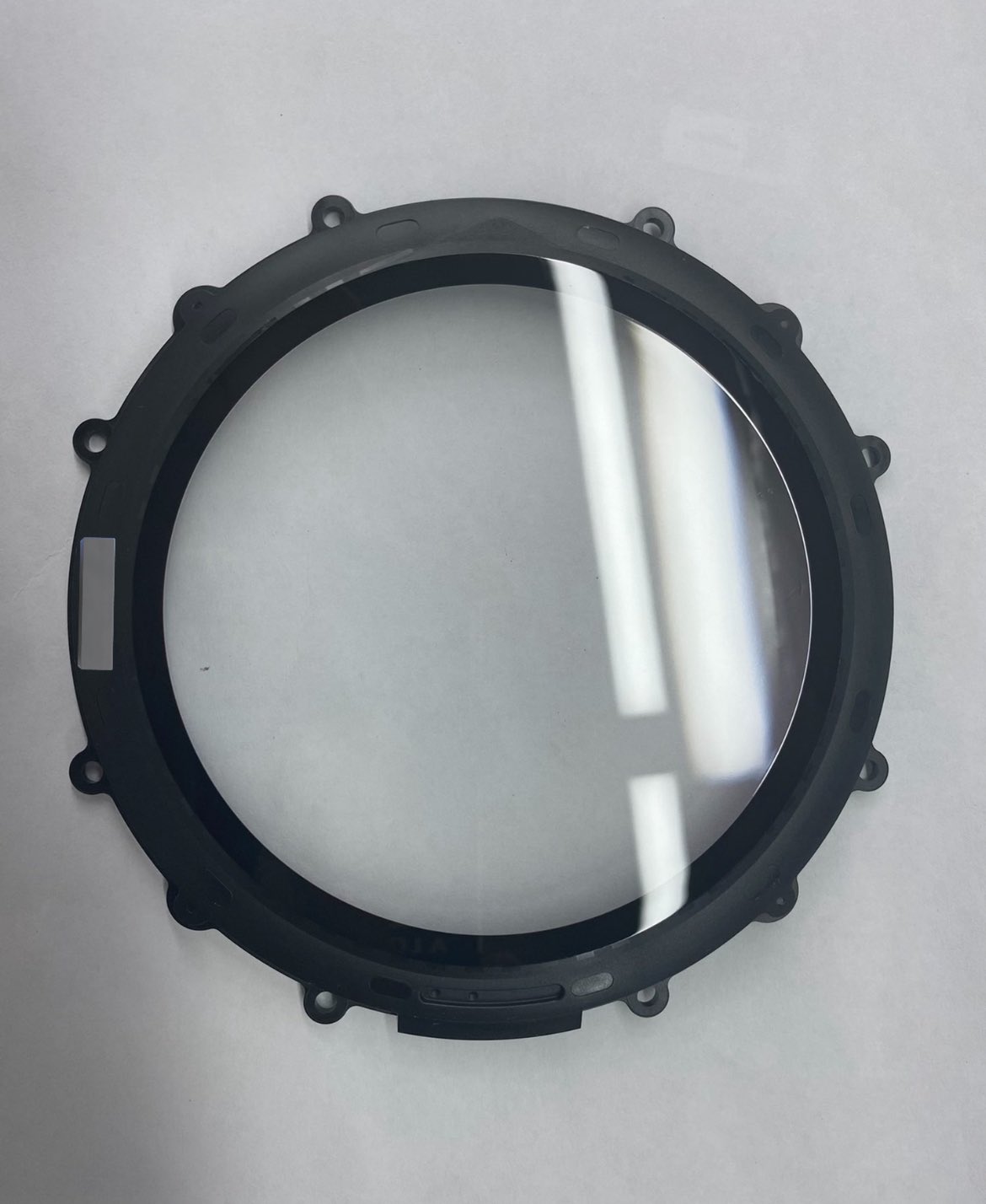
Google’s Android 13 Beta 1 Download Hits Pixel Devices
Google’s Android 13 Beta 1 download was released yesterday for select Pixel devices.
In February, Google dropped the very first Android 13 developer preview. Last month, it launched the second DP, and today, it is launching the first beta. Things are moving along quite quickly for the newest version of Android, and if all goes to plan, one can expect a much earlier stable launch this year as compared to the last.
Unlike last year’s complete overhaul, Android 13 seems primarily focused on boosting privacy and security. Tuesday’s blog post specifically highlights developer productivity and continued support for tablets and foldables among the company’s priorities.
Android 13 Beta 1 is available to test on the following Pixel smartphones:
- Pixel 4 and 4 XL
- Pixel 4a and 4a (5G)
- Pixel 5 and 5a
- Pixel 6 and 6 Pro
Much of this release is made up of features Google announced earlier this year, including the notification permissions and per-app language support that first debuted with DP2 in March. However, the company has several new features worth checking out — especially if you’re a developer.
Fitting with Google’s focus on privacy, Android 13 now uses granular permissions for any app requiring media file access. Rather than requesting access to all media file types, any app accessing your photos, videos, or audio files will have to ask the user for access to all three of those respective types. It might not be the most exciting addition to Android, but making it easier to ensure that some random ringtone app from the Play Store isn’t able to view your photos is a big boost to privacy.
Thankfully, Google has bundled these prompts for users, which should prevent them from feeling overwhelmed when you first launch a new app. These changes should pair well with that new iOS-like photo picker first announced with Android 13 DP1.
In the last developer preview, Google also added MIDI 2.0 support, so users could connect peripherals to Android. That ability should pair nicely with Android 13’s new anticipatory audio routing, explicitly coded to help apps identify which audio formats can be played and rendered directly.
There’s also some good news for developers surrounding Keystore and KeyMint, which Android uses to store cryptographic keys. The two security repositories will now supposedly offer better retry key generation if your app generates keys.
Anyone can install the beta. As before, though, you probably won’t want to load this release on a primary phone. While betas are generally more reliable, Google doesn’t expect to focus on platform stability until June and won’t release the finished Android 13 until sometime after July. This is meant more for developers who want apps ready by the time the operating system is available to the public.
The full Android 13 picture likely won’t become clear until Google’s I/O conference kicks off on May 11th — and even then, the company could conceivably hold onto some surprises for later in the year, closer to the final Android 13 rollout.


